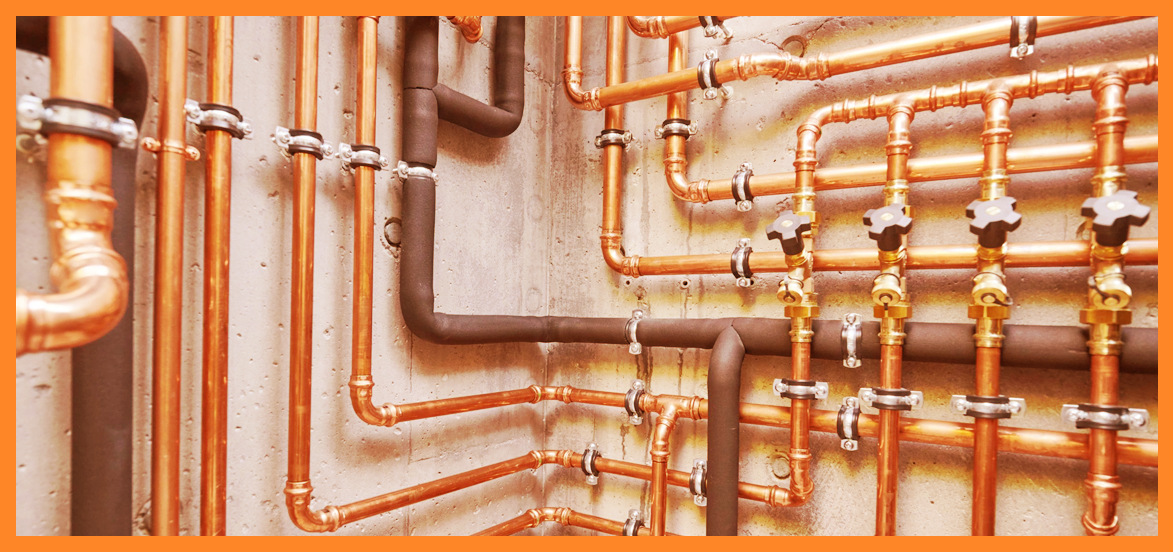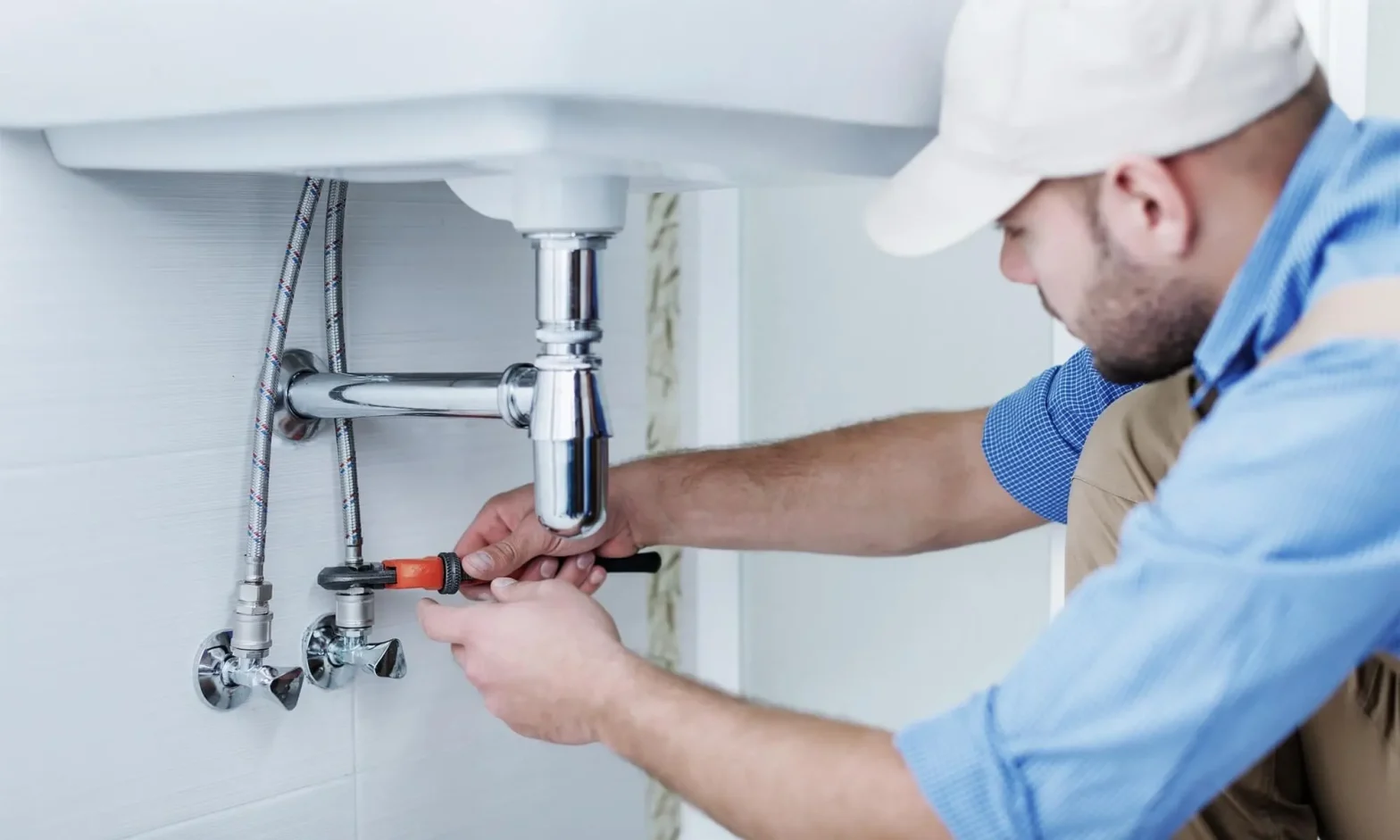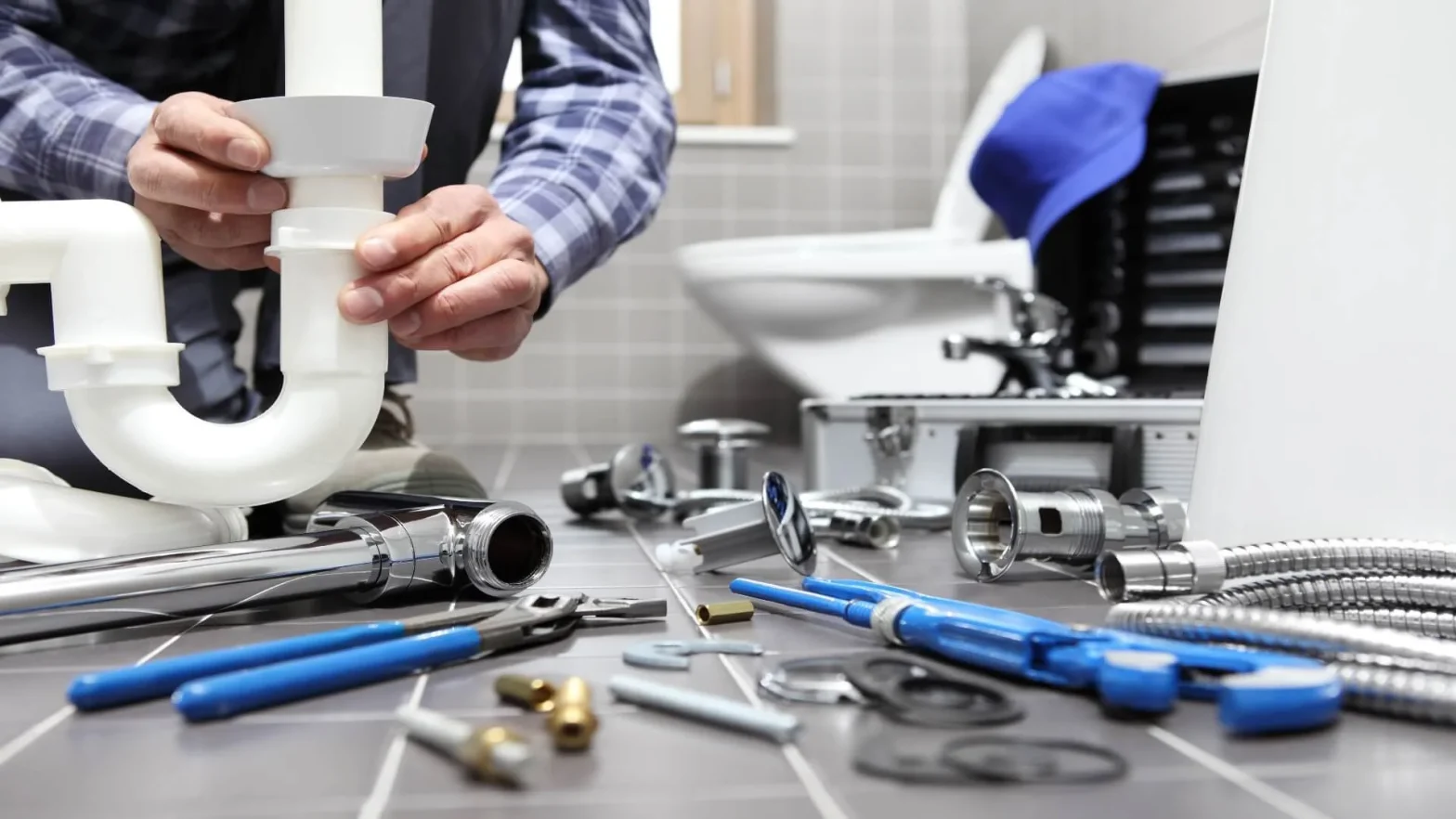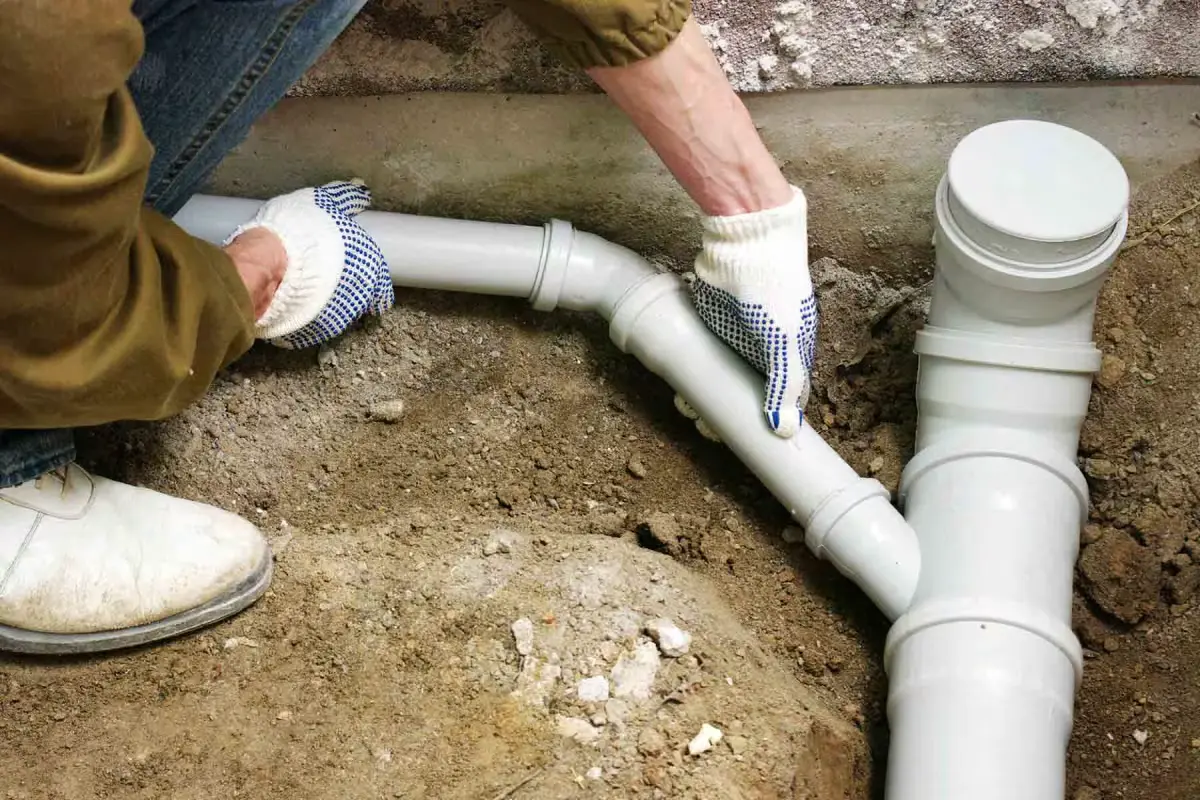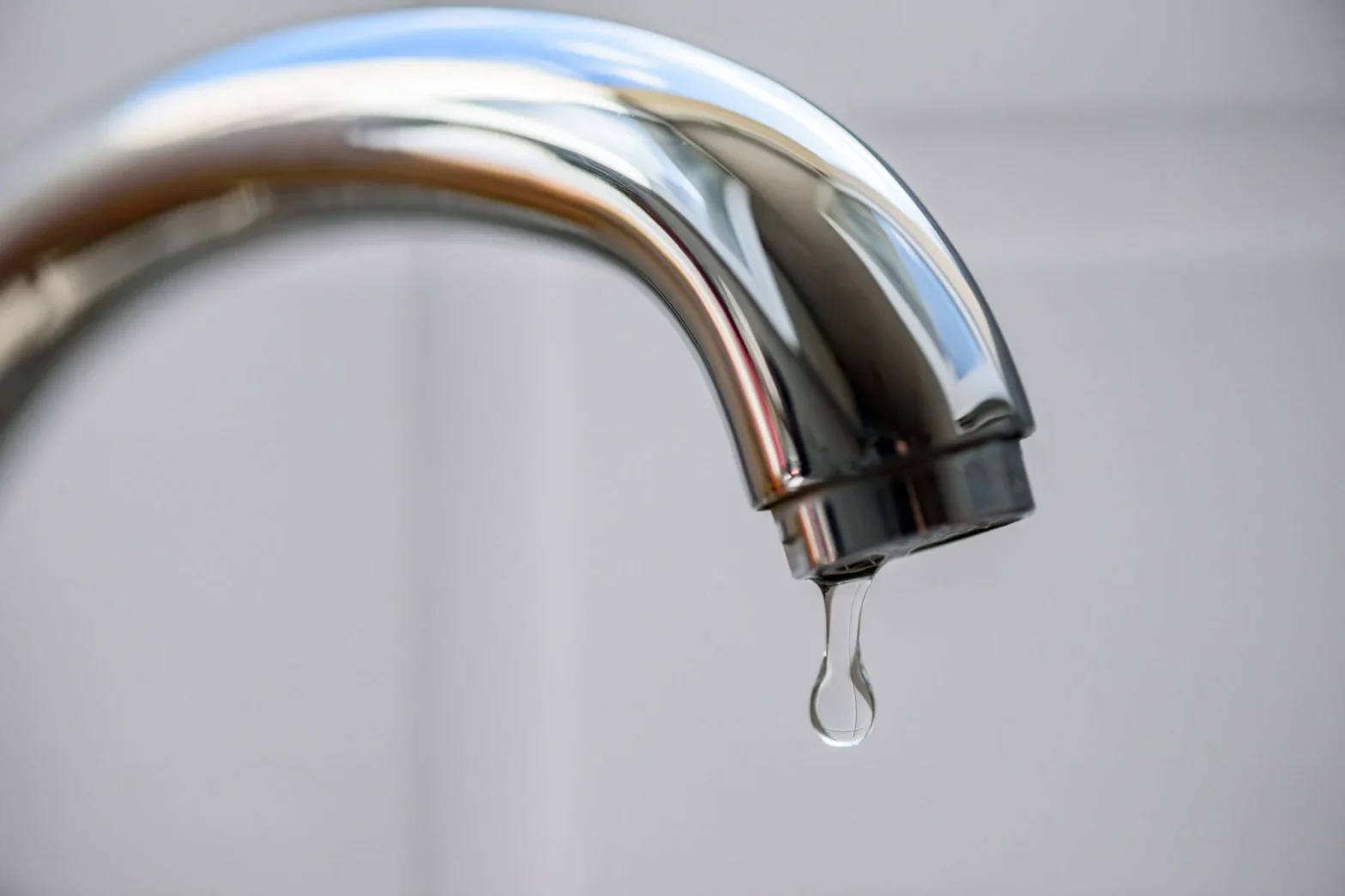Best Nine Pipe Materials and Their Advantages for Your Apartment
When you plan to repipe your home, information about pipes and piping materials is what first comes to mind. The piping materials differ depending on whether you need them for hot water lines, cold water pipes, drain lines, or exterior water supply lines.
There are so many options out there regarding piping materials, and each has its special utilization, strengths, limitations. Knowing about different types of pipes helps us make a well-informed decision. You would be spending between $2,000-$15,000 or more depending on the type of piping material, the length and dimensions, and the related restoration of walls.
Quite possibly, the most popular materials are PVC, CPVC, PEX, and copper. We have made a synopsis of the most used piping materials. If you plan to repipe, make sure you select an established company offering solutions for residential and commercial plumbing in Orange County.
Different Pipe Materials and their Advantages and Limitations
Cross-Linked Polyethylene Piping (PEX)
PEX pipes are widely used for home and commercial plumbing in Orange County. Known for its flexibility, PEX piping material can be run around corners without couplings or connectors and snaked behind walls. Also, PEX pipes can expand and contract, making the material less likely to burst when compared to other types of water lines.
PEX could be easily adapted to existing piping, including channels, rendering it a fantastic choice for reparations and retrofits. It requires minimal protection, and it is easily set up. PEX water lines and accessories have been useful for about three decades, but their recognition has more than doubled within the last few years.
Key Benefits:
- Adaptable, Multipurpose, Heat tolerant, Freezing resistant, because of the material’s capability to contract and increase, Nonconductive.
Some Limitations:
- Reports about PEX piping being slightly prone to water contamination in specific scenarios
- Fittings require a unique tool
- Cannot be linked to water heating units
- Vulnerable to damage from ultraviolet rays
Copper Plumbing
Copper remains a popular material for residential and commercial plumbing since the sixties because of its sturdiness. Although so many other materials have been launched in the market, copper is considered one of the best materials for plumbing pipes.
Copper is definitely a long-lasting piping material, which can also be easily recycled. It is considered a good idea to install copper piping if the water in your home has a pH value of less than seven, as the copper piping system could balance the water’s acidity to prevent corrosion.
There is no doubt that copper piping material costs much more than many other piping materials. Also, with copper pipes, there is other work involved like soldering and extra fittings. When used for exterior pipes, copper steaming is susceptible to theft.
Copper piping is used for interior warm and cold wall supply lines, underground support lines, hot and cool water lines, and refrigerant lines used for heating and cooling systems.
Key Benefits:
Not vulnerable to leaks, proven standard for dependability; durable with a long lifespan of about 70 years, less prone to contamination, heat tolerant, could be recycled; and decay tolerant.
Some Limitations:
- Expensive: About $3-$8 per linear foot
- Old installation might consist of lead-based solder
- Even although old copper pipes may be recycled, copper mining and production trigger significant environmental destruction. Hence, copper is not regarded as a green material.
Polyvinyl Chloride Pipes (PVC)
This piping material comprises thermoplastic polymer – a combination of plastic and vinyl. PVC pipes are usually white, cream, or grey in color and versatile in their applications in residential and commercial plumbing. They are often used for high-pressure water lines, such as the main water supply line, for transporting potable water, and for draining. PVC pipes are also used for Indoor and undercover plumbing, drain lines of basins, toilets and bathroom tubs, vent stacks, and storm drainage systems.
PVC comes in sizes known as schedules forty and eighty. Schedule forty is probably the most used, while schedule eighty has a heavier wall, and it is more robust.
Key Benefits:
Strong and sturdy, rust and decay-resistant; maintains excessive water, easy to set up and requires simply no welding or metal function, flexible, and has a longer lifespan than most piping materials.
Some Limitations:
- Cannot be utilized for warm water transport – PVC warps with heat
- Destruction when subjected to UV light
- Not secure for tap water
- Not recyclable
Chlorinated Polyvinyl Chloride Pipes (CPVC)
CPVC pipes are PVC pipes with extra chlorine. Fundamentally, this is a PVC tube you can use to transport heated water, and it is safe intended for normal water. Weighed against copper plumbing, CPVC plumbing is easy and creates little drinking water noise. They are insulated to avoid energy reduction, more versatile than alloys, and open fire-resistant.
CPVC pipes are often used for lines linked to hot and cool water products, hot water drains, and waste and water disposal plumbing.
Key Benefits:
Easy setup, can transport warm water, versatility in applications, weighed against PVC and steel pipes, has all the advantages of PVC, as well as added durability, is fire resistant, and nonconductive.
Some Limitations:
- Pipes broke up when freezing
- Not recyclable
- More costly than PVC
- CPVC production is extremely polluting
Additional Piping Materials
These are much less popular compared to the choices explained above.
Plastic Polybutylene Pipes (PB)
That is a cheap and simple to install plumbing material, yet regrettably, it really is vulnerable to leakages.
High-Density Polyethylene Pipes (HDPE).
HDPE is a versatile material that withstands corrosion and contains a long life, and because of these benefits, HDPE is more costly than PVC.
Polypropylene Pipes (PP)
Polypropylene pipes are strict plastic pipes, just like CPVC. However, they are perhaps not a member of chemicals, and alternatively, heat can be used to adhere to mating ends. PP is often found in Europe and has not received much attention in America. PP installation is long-lasting, safe for human wellness, and regarded as a green material.
The key drawback is really a complex setup process that will require specialized equipment. Some classic uses of PP piping are hot and cool water components and pumps.
Metal Plumbing
Metal pipes are long-lasting but very costly, a lot more than copper pipes. They are found in areas susceptible to corrosion, such as, for example, coastal surroundings. Metal pipes provide the following rewards:
- Strong and anti-corrosive
- Pipes could be versatile or rigid
- Available in a number of sizes and measures
Cast Iron Pipes
Cast iron pipes are often produced as a bell and tap type, and they’re the largest of domestic and commercial plumbing Orange County pipes. They have been very long-lasting and invite the use of PVC to displace elements of a cast iron piping. However, cast iron pipes have become huge and need additional facilitates throughout the setup.
Some typically common applications of cast iron pipes are water circulation systems and subterranean installations, like the main plumbing on drain and sewer systems.
Zinc-coated Steel Water Pipes
- Galvanized metal pipes have been used in the past; however, not any longer because of the unwanted effects:
- Heavy water pipes
- Internal rusting and corroding in little-diameter pipes, as a result of zinc coating
- Can get blocked as time passes
- Lead is probably produced through rusty pipes
- Water staining
Zinc-coated steel pipes are used mainly in grey and non-potable water systems.
Brass Pipes
Brass is definitely an older choice that has been employed for plumbing like copper. When brass pipes are being utilized, it is advisable to make sure that the metal will not include lead. Red brass pipe is definitely the most beneficial kind of metal pipe because it contains a huge percentage of copper. Brass pipe is often utilized in water source lines, water removal pumps, pump fixtures, water storage containers, and water wells.
Benefits:
- Extremely tolerant of corrosion
- Heat resistant
- Soft materials which will allow limited seals
- Similar rewards as copper
- Long service life
Drawbacks:
- May consist of lead
Choose Cali’s Choice To Eliminate Your Residential Problems
With all the wide selection of pipe materials obtainable, deciding on the best residential and commercial plumbing pipe for any project could be a challenging decision. The best recommendation is to get in touch with professional plumbing engineers offering 24-hour plumbing service in Orange County. We offer a free consultation and help you understand the different piping material options and its advantages and disadvantages in your scenario. You will be able to ensure your plumbing system has the best material within your budget.
Repiping is a complex job that requires flawless workmanship and perfect installations in compliance with codes and industry standards. If anything goes wrong, homeowners face a series of problems over the piping lifespan. When you hire a Cali’s Choice 24-Hour Plumbing Service Orange County team for repiping, there is a 100% guarantee behind every job done.
With Cali’s Choice, you can rest assured about the following.
1. Services From Certified, Insured, Experienced, and Highly-Skilled Plumbers
The Cali’s Choice plumbers are qualified, skilled, and have many years of experience in pipe repair and repiping work. This enables them to easily comprehend and repair any pipe within a very short time. Employing a skilled Cali’s Choice plumber means they will take care of materials, troubleshooting, maintenance, and installation.
2. On-time, Effective, and Durable Plumbing Services
The Cali’s Choice plumbers have the various tools and supplies necessary to ensure your new plumbing will undoubtedly be installed effectively and precisely. If there is a problem with your current plumbing system, they will know very well how to solve it straight away, helping you save money, resources, time, and energy.
3. Compliance with Codes and Industry Standards
Cali’s Choice plumbers understand plumbing and building rules, guaranteeing your repairs and new installations come in conformity with rules. Hiring an unlicensed renovator usually means you get a lot of problems later on. Some bad decisions also bring down the market value of your house.
4. Help You Get Optimized Restoration Solutions
If you are faced with a badly leaking pipe or a burst pipe, or interior flooding that has caused a lot of water damage, turning to Cali’s Choice ensures you get optimized solutions. We have the best equipment, supplies, and expertise to get the work done effortlessly. We make all efforts to salvage the most flood-damaged or water-damaged items. Cali’s Choice will also make every effort to offer you the most affordable restoration options without cutting corners.
With Cali’s Choice teams offering residential and commercial plumbing in Orange County, you need never worry about making the right decision about installing pipelines or repiping.
Whether you are moving into a house or commercial space that was built decades ago or into a new house, it is highly recommended that you get an inspection of pipes done by our residential and commercial plumbing Orange County experts.
Plan your bathroom or kitchen renovations with our residential and commercial plumbing Orange County contractor, and find affordable and durable solutions for repiping and plumbing upgrades.
If you are looking for a 24-hour plumbing service Orange County company, contact Cali’s Choice and find fast-response to any queries or service needs you have.
Related Posts


